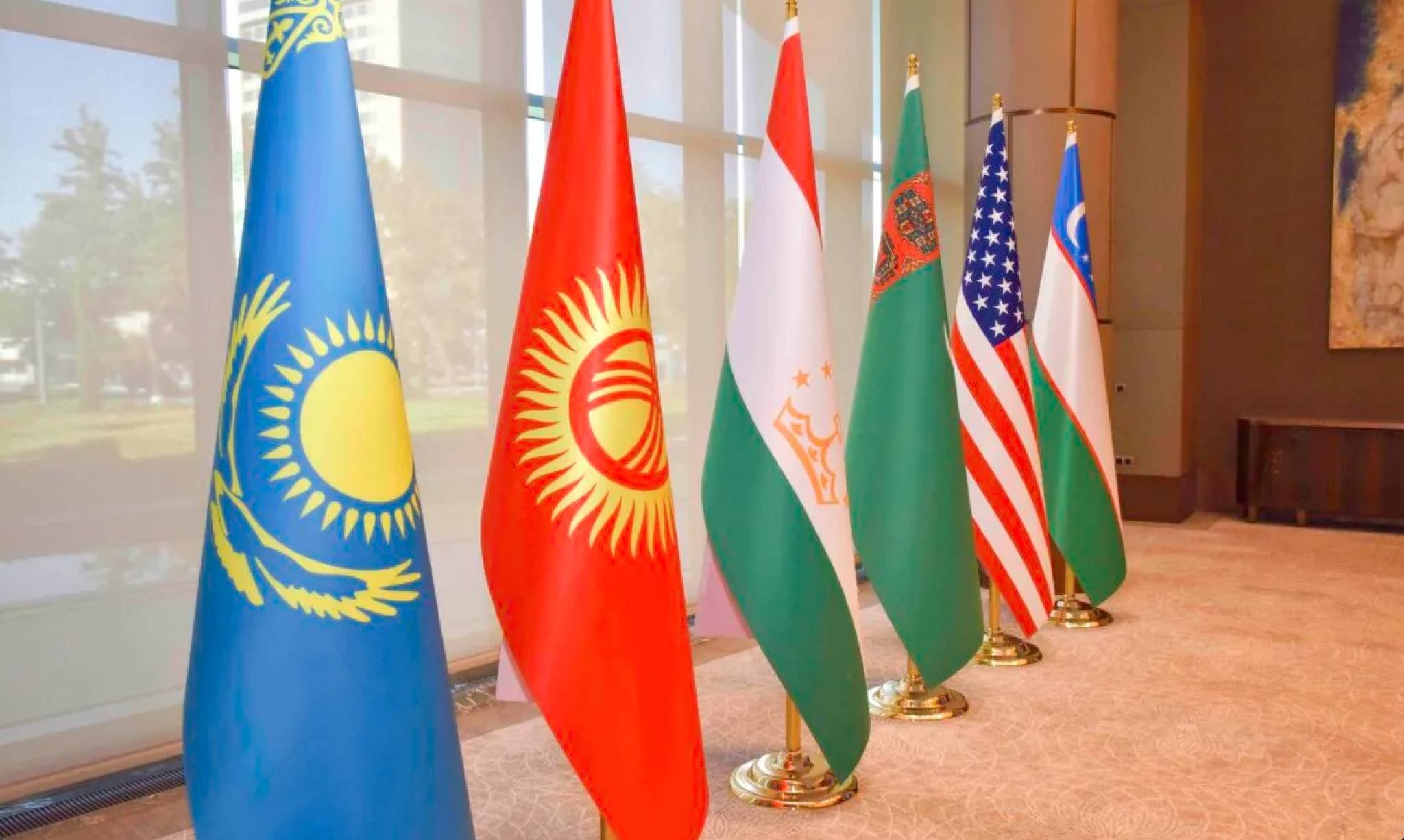Central Asian fears with Trump
Possible peace talks in Ukraine could result in an easing of sanctions, which would consequently give Russia a chance to again strengthen its influence in the region. Where China's activism is also increasing. The crux of relations with Tehran.
Astana (AsiaNews) - The imminent inauguration of Donald Trump's presidency in Washington raises different reflections at all latitudes because of the consequences on the balance of world geopolitics.
Central Asian countries, at a stage of seeking a new definition in global trade and political relations, are no exception, and there is no shortage of fears that they will again be marginalized by the political choices of the world's top superpower.
To this issue turn their attention the experts at Cabar.Asia, who generally believe that U.S. policy will not change much toward the region, even if it is not put first in the White House's concerns.
Rustam Burnašev, a professor at the Kazakh-German University, does not believe that the U.S. will do much in Central Asia: “It is not a priority for them, but the U.S. policy in this direction is quite stable and will not change with the change of administration.”
The main U.S. demand to Central Asian countries is compliance with sanctions against Russia, to prevent dual-purpose, civilian and military exports. The “5+1” format in the case of the U.S. remains a purely diplomatic mode, at the level of foreign ministers and not heads of state, without much prospect of economic agreements.
Possible peace talks in Ukraine could result in an easing of sanctions, which would consequently give Russia the opportunity to strengthen its influence over Central Asia again.
However, Burnašev believes that “the scenarios can be very different, it depends on which of them actually comes to fruition, and after all, Moscow's influence in these countries has never really diminished in recent years.” Rather, Washington's strategy could turn more aggressively toward China, which in turn could remake itself with greater activism precisely in Central Asia.
In 2021, the Trump administration had expressed support for the development of the trans-Caspian gas corridor, joining Turkmenistan with Azerbaijan, but this is a chain of projects in which China and Iran are also very much involved.
It is difficult to predict how they will develop in later stages, but in general experts are convinced that “everyone benefits from these prospects, including Russia, which has several opportunities to connect to them.” As for U.S. participation in these projects, many doubt that the U.S. intends to invest many resources in them, being in fact the most distant partner with respect to the size of Eurasia.
They also consider the possibility that the U.S. will tighten sanctions against Iran, a crucial partner especially for Tajikistan, which also has importance for other countries in the region. In any case, relations with Tehran remain rather undefined, and even then there could be unpredictable developments.
Another important issue concerns respect for human rights, a subject on which Trump seems to be less sensitive than his predecessor, and there are fears of reductions in programs to support civil society, although in this area “much depends on institutions, rather than personal charisms.”
The Iran issue, some experts note, will depend a great deal on developments in the Middle East crisis, and on how credible the cease-fire decided in Gaza in recent days can be. A not insignificant aspect concerns oil prices, which Trump will certainly try to lower, as is evident from his political and economic programs, a factor that could weaken the Russian economy even more than sanctions.
An eventual partial U.S. withdrawal from activities in Central Asia, observers add, will require greater EU engagement in the region, seeking to balance the influences of Russia and China, although the Europeans themselves do not have clearly defined positions.
Overall, a test of “Trumpian pragmatism,” the new president's dowry also praised in Kremlin statements, is awaited to redraw a framework that can ensure stability and development in Central Asia as well.







.png)










